 The director of the new development authority, which hopes to accelerate development and renewal along the West North Avenue corridor, says he does not support emphasizing additional affordable housing in the area.
The director of the new development authority, which hopes to accelerate development and renewal along the West North Avenue corridor, says he does not support emphasizing additional affordable housing in the area.
Chad Williams, the first executive director of the West North Avenue Development Authority, told BHCA’s November meeting that every neighborhood abutting the east-west corridor on the northern border of Bolton Hill has a plan and a wish list for development, but they have little coordination among them.
WNADA was created by the Maryland General Assembly to “create a coordinated plan for housing, transportation and economic development” on the north and south sides of the avenue stretching west from I-83 to Coppin State University’s western boundary.
But he acknowledged that he had not seen BHCA’s strategic plan, developed last year. “That will make 11 (neighborhood) plans,” he said. Although Bolton Hill’s actual contact with the North Avenue corridor is narrow, changes along that thoroughfare could affect property values and quality of life issues.
“One of the biggest assets for developing is our ability to work with the City and on our own for land acquisition,” including properties on or near North Avenue that are already under City control, Williams said. “If we own or control the land, we can make it easy and affordable for developers.” WNADA can try to create what he called “carrots” for investment. He said he hoped by next summer to have created a matrix document to support improvements along the avenue.
WNADA was primarily sponsored by State Sen. Antonio Hayes, whose district includes our area, and encouraged by the president of Coppin State. A representative of Coppin and one from MICA serve on the 15-member board governing the authority, which is a state agency that will need continued support from the legislature and the new governor.
The three pillars of its attention will be improving the flow of vehicles and public transportation along North Avenue, supporting existing businesses and encouraging new ones, and promoting new and redeveloped housing. “We prefer more market-rate housing,” such as that proposed for the Madison Park North development. It broke ground for its first phase in August and will eventually have about 300 single-family townhouses and apartment units, all unsubsidized. “There is too much subsidized housing already” in the area, Williams said, calling it “oversaturated.”
Asked about prospects for a supermarket along the corridor, Williams said he does not “see the land available necessary to support” large-scale retail stores at present. The developers of Madison Park North have included plans for a mid-sized grocery in its plans for later development. Williams said focusing on market-rate housing would lead to a more diverse population that perhaps could support bigger-box stores in the long run. While limited to a strip of land roughly 300 feet north and south of North Avenue for WNADA’s focus, Williams said he hoped they would be a catalyst for development outside the zone.
-Bill Hamilton
